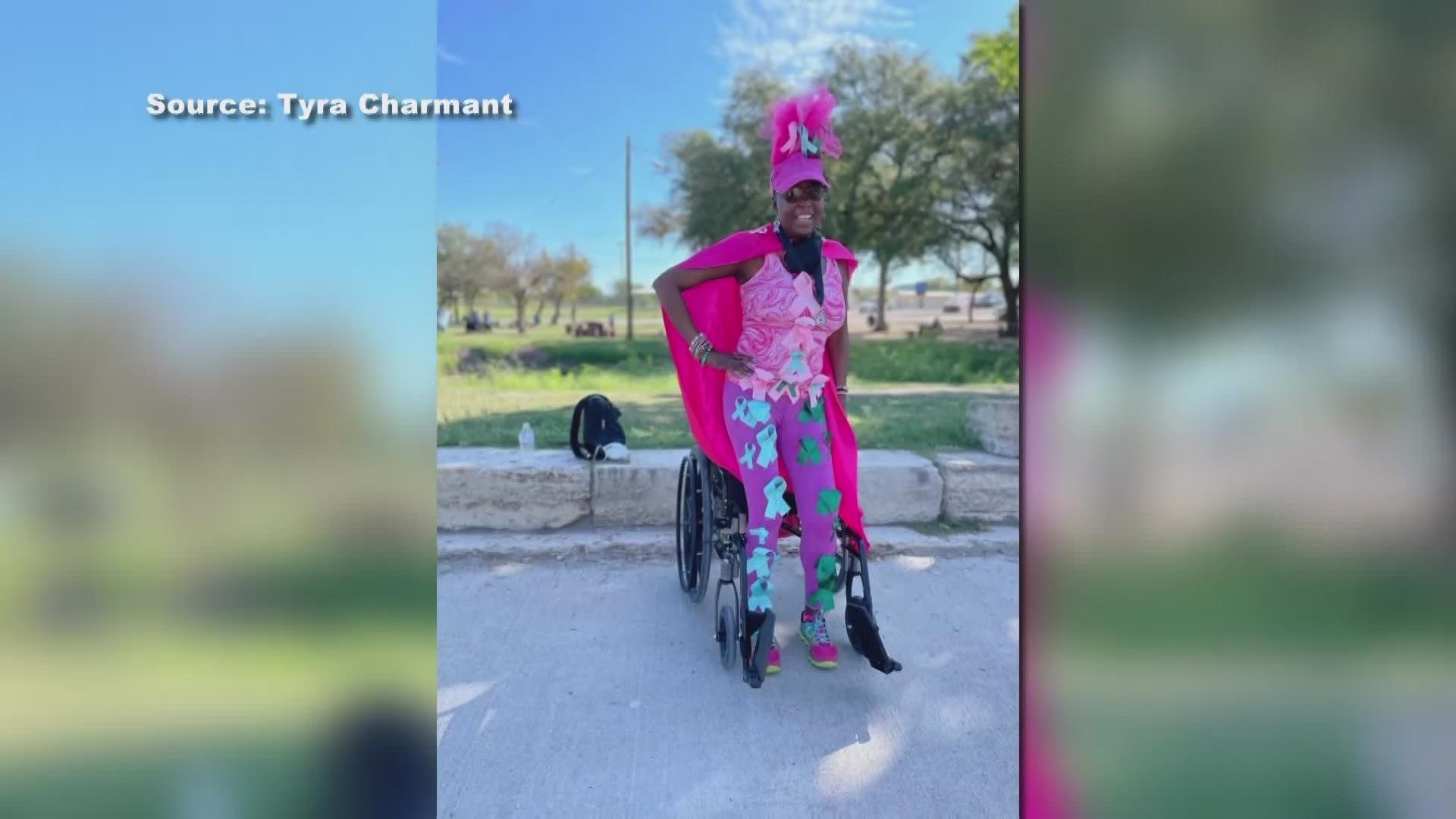TEMPLE, Texas — New data shows fewer women are dying of breast cancer.
According to the American Cancer Society, breast cancer deaths have dropped by 43% from 1989 to 2020.
However, Black women are 40 percent more likely to lose their lives to breast cancer. This is despite there being fewer cases of breast cancer among Black women.
Dr. Mohit Bansal with Baylor Scott & White in Temple says the disparity is multifaceted. Part of it has to do with environmental issues.
"Environment meaning financial issues social issues access to healthcare being able to get the screening mammograms that they need, having a family support to be able to get to a doctor and get to a hospital or to be able to pay for their care," Dr. Mohit said.
He also points to behavioral issues among others.
"Another behavioral issue that I have experienced at least some degree of skepticism and distrust in the healthcare system in general and I think that stems from the past experience and some of the studies and the treatments that this population has received in this country which is very unfortunate that so many years out we have not been able to change that," Dr.Mohit said.
Tyra Charmant of Copperas Cove waited to see a doctor. She said she wishes she hadn't.
"You shouldn't want to be in pain. I did that for so long. I let my body be in pain," Charmant said.
After months of ignoring a nagging pain in her chest, she decided to go to the doctor in March 2018.
"They did the mammogram first and then they said no your breast they look well they look good," Charmant said.
She kept pushing and got a second opinion which led to a second mammogram and another test.
When they put the probe for the ultrasound it lit right up." Charmant said.
Charmant was soon diagnosed with triple-negative breast cancer at 47. It's an aggressive form of the disease more common in women under 40, Black women, and those who have a BRCA-1 gene mutation.
She was in remission for three years until September 2021.
"They told me that the cancer is back. How is that? I just saw you. You said my numbers look good and he couldn't explain," Charmant said.
The reality hit Charmant hard because the cancer was metastatic meaning it had spread.
"Now it has metastasized to my brain. It's in my spine, my stomach, back of my chest. And then, I have more lesions in my lungs.
These days Charmant clings to her faith more than ever.
"But God. I shouldn't be talking to you. I should be able to see. I shouldn't be able to hear," Charmant said.
And although it's difficult to talk about her journey Charmant said it's a must if it can help just one person.
"You have to know your body. If it hurts get it checked out," Charmant said.
In the meantime, she's going to take it day by day and fight this disease every step of the way.
"Life's too short and I woke up today so I'm gonna make the best of it," Charmont said.

